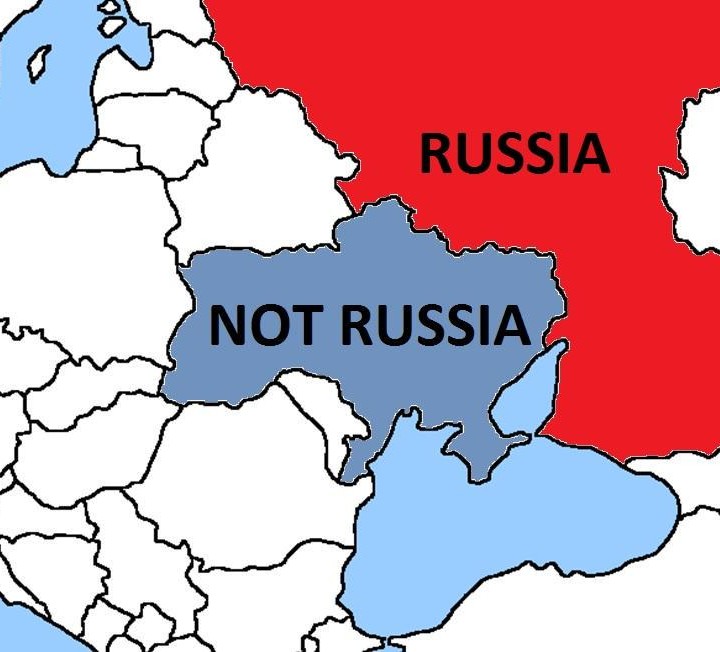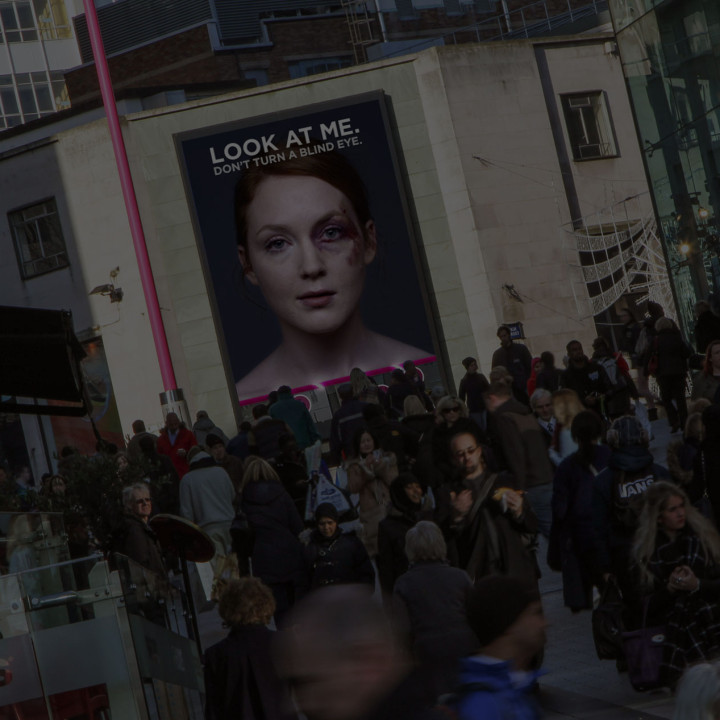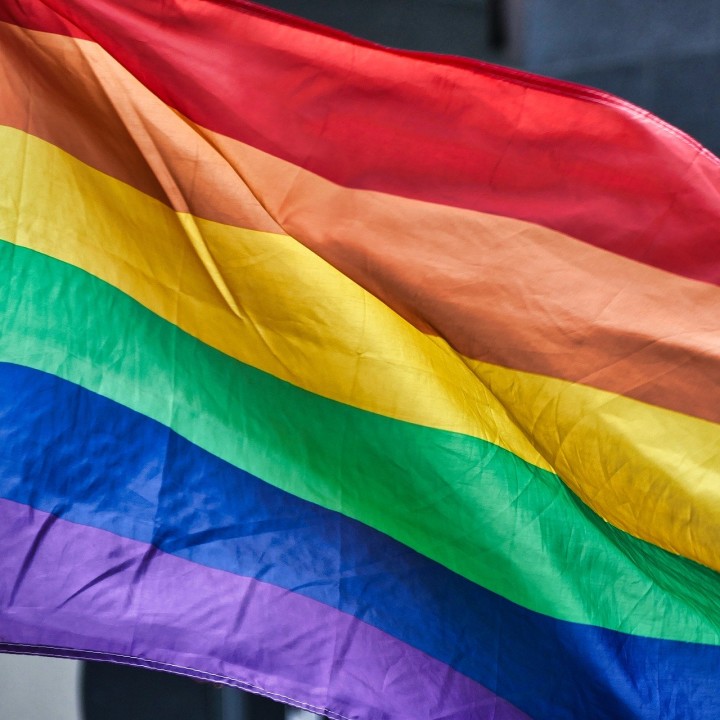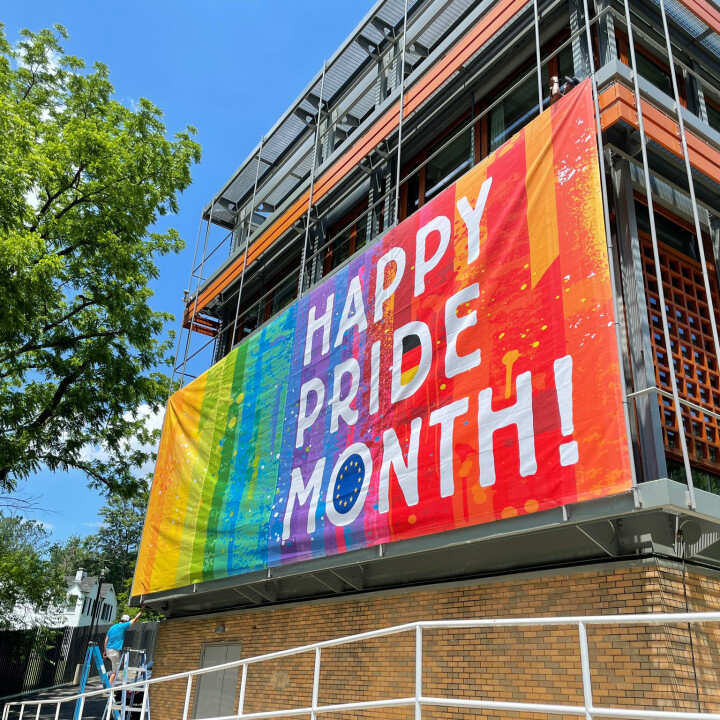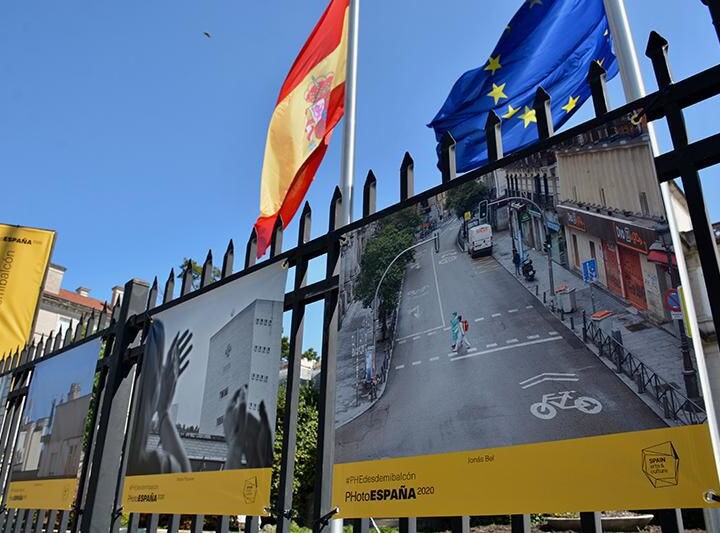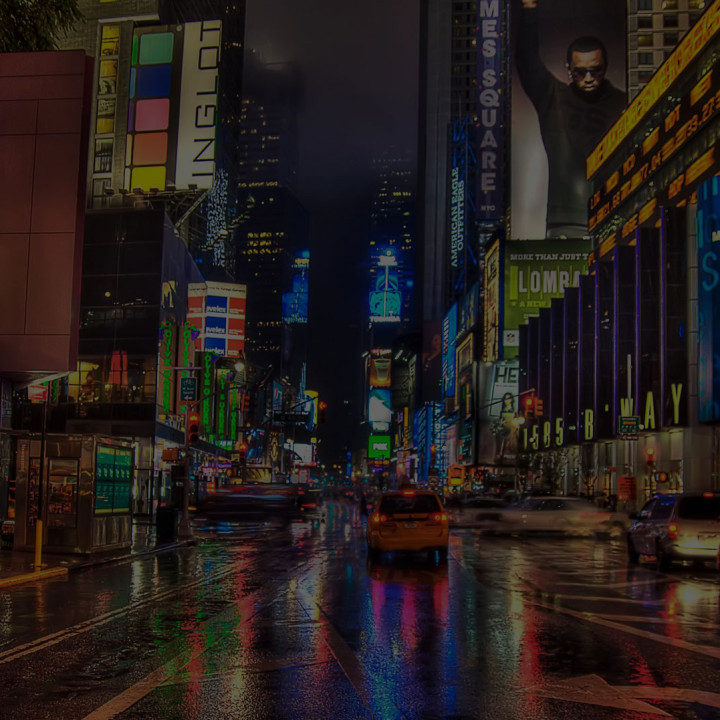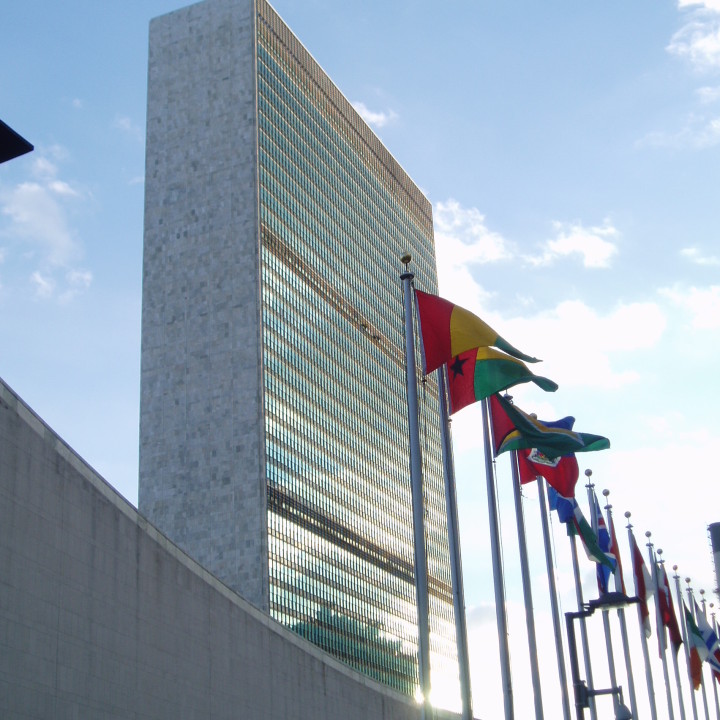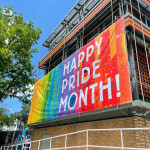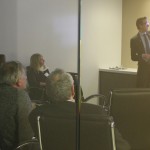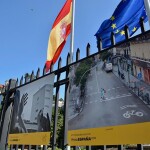According to a panel of experts at last week’s Digital Diplomacy Coalition’s event on Economic Diplomacy, social media has the power to engage and prevent eyes from glazing over—even when the topic is complex and traditionally uninteresting.
The Digital Diplomacy Coalition (@digidiplomats) held a panel discussion titled “Economic Diplomacy: FromDigital Engagement to Results”. The discussion focused on how governments, organizations, and diplomats are using digital technologies and social media to promote trade policy and economic diplomacy. The event, hosted by the Embassy of the Netherlands (@NLintheUSA), convened over 120 people to hear how three seasoned experts craft their country and organization’s critical messages around these important topics.
Steve Glickman (@GlickmanS), Adjunct Assistant Professor at Georgetown University moderated the discussion and kicked the event off by noting that “economic diplomacy is simply the use of foreign policy tools to achieve economic goals. Digital diplomacy has democratized how we communicate those goals, impacting every sphere: political and private.”
So what tools should an economic diplomat use? Jude Hanan (@JudeHanan), Social Media and Emerging Tools Strategist at The World Bank (@WorldBank), said her organization engages on over 350 channels over multiple platforms, with the goals of transparency and accountability.
“You need to be true to your brand, but speak your audience’s language. Be multilingual and multiplatform,”@JudeHanan said. She later hinted that LinkedIn is the best tool to use in a professional space for those looking for funding or stakeholders.
Andreas von Uexkull, Minister of Trade at the Embassy of Sweden, said that his Embassy uses social media to bring together citizens to discuss current events. A hot topic now is the Transatlantic Trade and InvestmentPartnership (TTIP), and @SwedenInUSA utilizes hashtags to encourage people to join the conversation and to create buzz around the issue. Swedish citizens can also rely on their country’s social media updates to learn about important safety information such as the ongoing situation in the Ukraine.
“I’ve learned though,” von Uexkull added, “that social media cannot replace having actual meetings.”
Social media can, however, make wonky, complicated and boring topics more accessible, such as urban water management and economic water policy. Joining the panel from @NLintheUSA was Dale Morris(@DaleTMorris), an Economic Adviser. @DaleTMorris and his team created an app to demonstrate water management solutions for the New Orleans area, and through this work, he understands the importance of communicating complex information in an engaging way.
According to Morris, the key tools for any diplomat attempting to convey critical, complicated topics: pictures, social media, and apps. His team’s app alone contains the knowledge of 18 books in an easy to use, easy to look at format.
But what happens when your embassy or organization’s message on social media is misunderstood?
“Social media is the antithesis to the rigorous hierarchy of the traditional embassy structure. How do you adapt?” asked the moderator, @GlickmanS.
According to @DaleTMorris and keeping with a water theme, social media can be a literal flood of information—sometimes without barriers or filters—and lends itself to quick responses and misinterpretation.
While you can’t have full control over how your audience interprets your message, you can ensure that social media tools are in the right hands, which comes down to trust and training. “You have to trust your staff,” said@JudeHanan. “We are all professionals and diplomats. You have to use common sense and staff guidelines.”
The evening wrapped up with a discussion on how these social media experts balance work days full of social media and a life away from the screen. “There are times you just have to turn off,” said @JudeHanan. “It can be hard to switch off though when you have to monitor all the time.”
An audience member noted that social media could potentially save time, too. We no longer have to physically go to events; rather, many are streamed online and often live Tweeted. For instance, if you couldn’t make it tothe Embassy of the Netherlands on Wednesday for the event in person, you could follow the discussion on twitter using #digitaldiplomacy.
The biggest takeaway from the night: Social media can bring people together and make information accessible if it’s engaging, monitored, and conversational. “Social media is your embassy; a good website is your home country,” said @JudeHanan.
We’d like to thank our moderator and panelists for a great night of discussion and the Embassy of the Netherlands for hosting this event with us.
